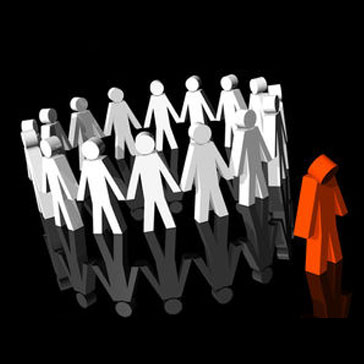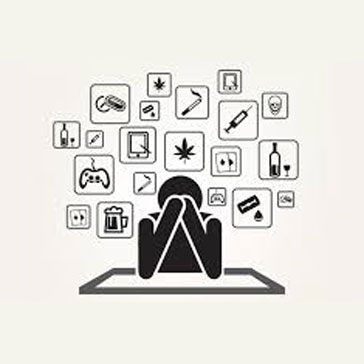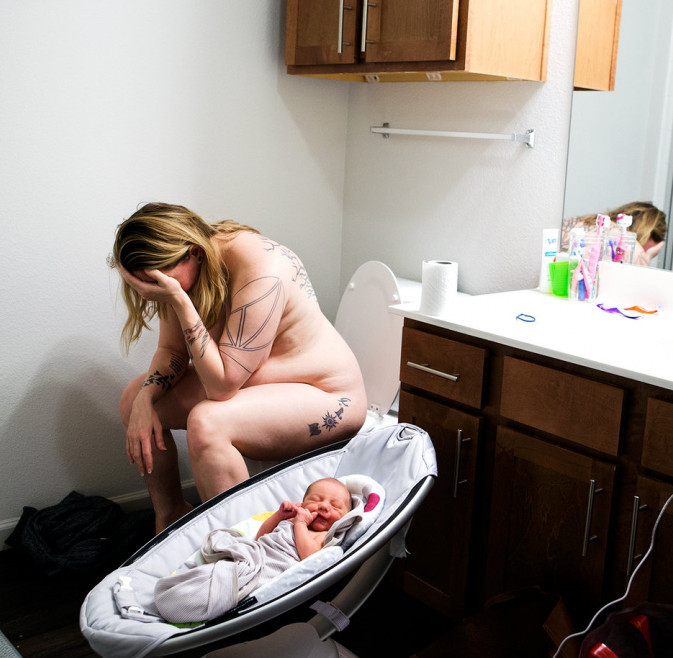Couples/Family Therapy
Find your way back to enjoying each other's company, strategies for better communication, working through life's difficulties in a non-judgemental space

Find your way back to enjoying each other's company, strategies for better communication, working through life's difficulties in a non-judgemental space
Mild, moderate, or severe
Click here for a guide on when to get help for depression. Every year, about 7% of the population experiences depression; the lifetime prevalence rate is about 17%. Depression in itself is a part of life for many people - but you can learn how to manage it better.

panic disorder and generalized anxiety disorder
Our brains evolved to protect us from perceived threats. What defines a threat and how you react can be controlled - if you know how.

Adjusting to new circumstances - the death of someone close, a change in status, job loss or retirement, children leaving home - can leave you feeling unsure of how to cope. CBT can help you through learning to accept new circumstances, manage your new role and find a positive outlook for the future.

Making friends, feeling confident in a foreign language, speaking in public - these are things that make everyone nervous - but some people will find it overwhelming. CBT can help with strategies that make it more manageable.

Substances / Gambling / Sex
CBT teaches recovering addicts to find connections between their thoughts, feelings and actions and increase awareness of how these things impact recovery.

If a phobia is causing problems in how you live your life - this is one of the areas that CBT is most successful - and with few sessions.

CBT provides effective strategies that will help you deal with stressful situations with confidence and ease.

A healthy self esteem can make a huge positive difference to your quality of life, particularly when it comes to relationships and your career.

Learning to manage your anger constructively can significantly improve self-confidence, bring harmony to relationships and increase personal happiness.

Obsessive Compulsive Disorder
Research has shown that 75% of people with OCD are significantly helped by Cognitive Behavioural Therapy.

CBT provides a non-pharmacological option to help you cope with the stresses, anxieties and hormonal disruption post partum.

homesick, social isolation, lack of social network
It's exciting moving to a new country - but being far from friends and family can leave you feeling isolated and unsure of how things work. This can create stress, social anxiety and high levels of stress on partners.

post Traumatic Stress Disorder
After a traumatic event it is normal to feel symptoms such as shock, anxiety, stress, upset and disconnection. CBT can help you overcome the debilitating symptoms.
Initial consultation "Free*